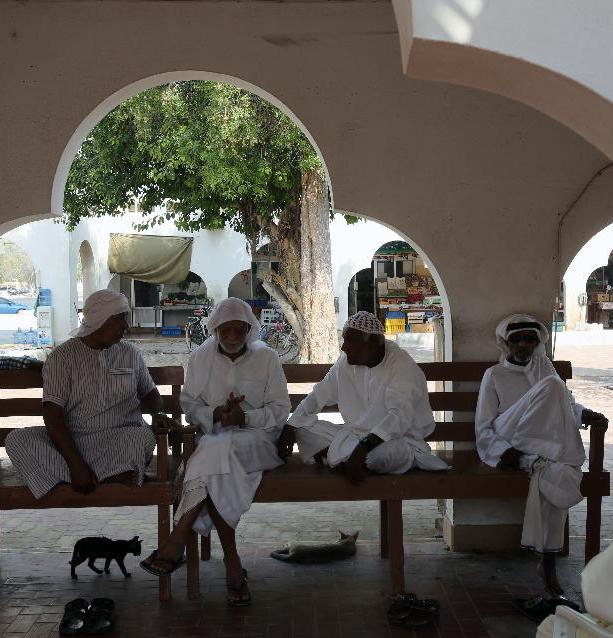A lifetime of perks in UAE helps cushion wealth gap
Look past the blinding glitz of Dubai, and you discover a gulf separating the elite and their riches from most Emiratis. Yet in contrast to much of the world, a note of complaint is seldom heard here, and the reason is simple: Most Emiratis live lives of comfort that they owe to a bounty of perks and benefits from the government. The 40-year-old welfare system has helped forge long-standing political loyalty by giving away things the rest of the world wouldn’t even consider: Tax-free income; free high-quality healthcare; subsidised fuel; generous government-funded retirement plans; access to land to build homes with interest-free loans; and free higher education, even when pursued abroad. On some occasions, the UAE’s rulers paid the debts of Emirati nationals ahead of major holidays.
The federal government is a huge welfare society and welfare state. This is a fact of life, and people appreciate that.
Abdulkhaleq Abdullah, political science professor at Emirates University
Increasingly, though, the government appears intent on scaling back its support. As part of that effort, the UAE has embarked on a plan to encourage the private sector to allocate training and jobs for Emiratis who would otherwise look to the government. Officials and economists warn that the lavish government spending that has long sustained a robust Emirati middle class could eventually be curtailed. Analysts say the United Arab Emirates’ economic viability requires guiding more Emiratis into self-sustaining private businesses and weaning them from the state’s open-handed patronage.

Middle East